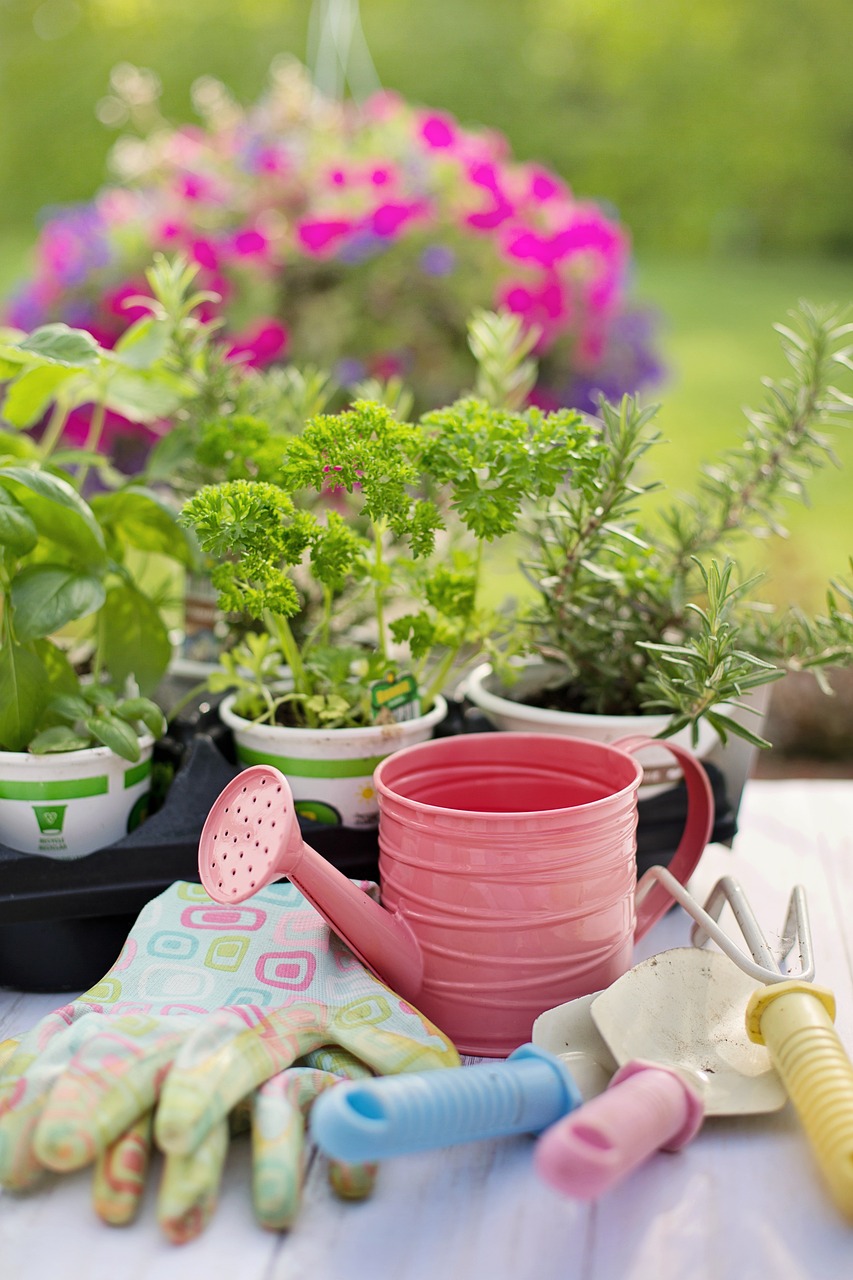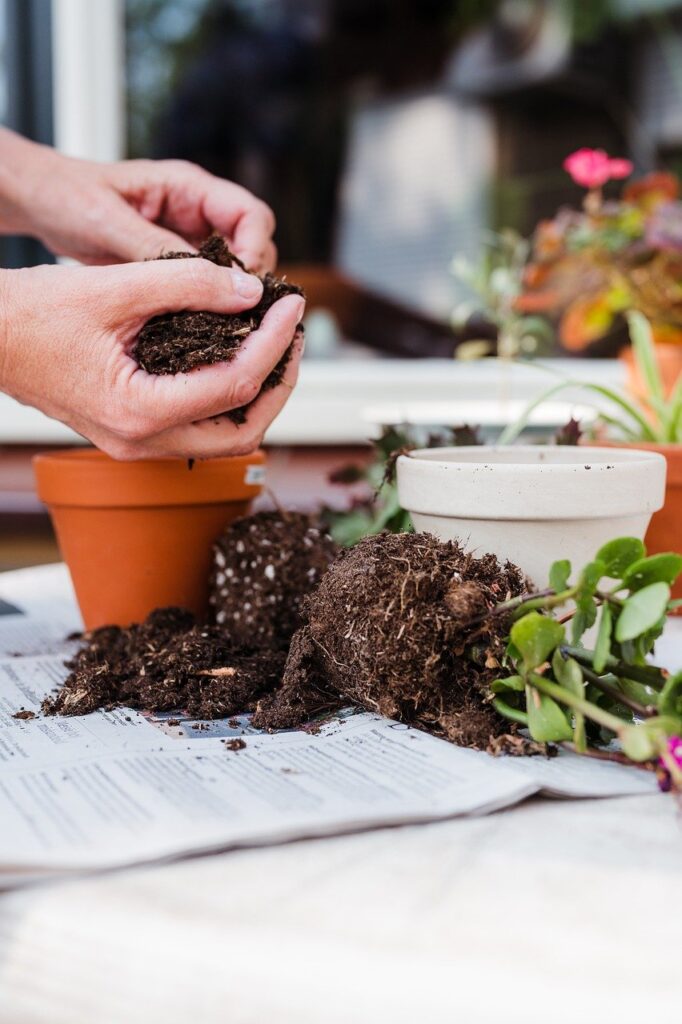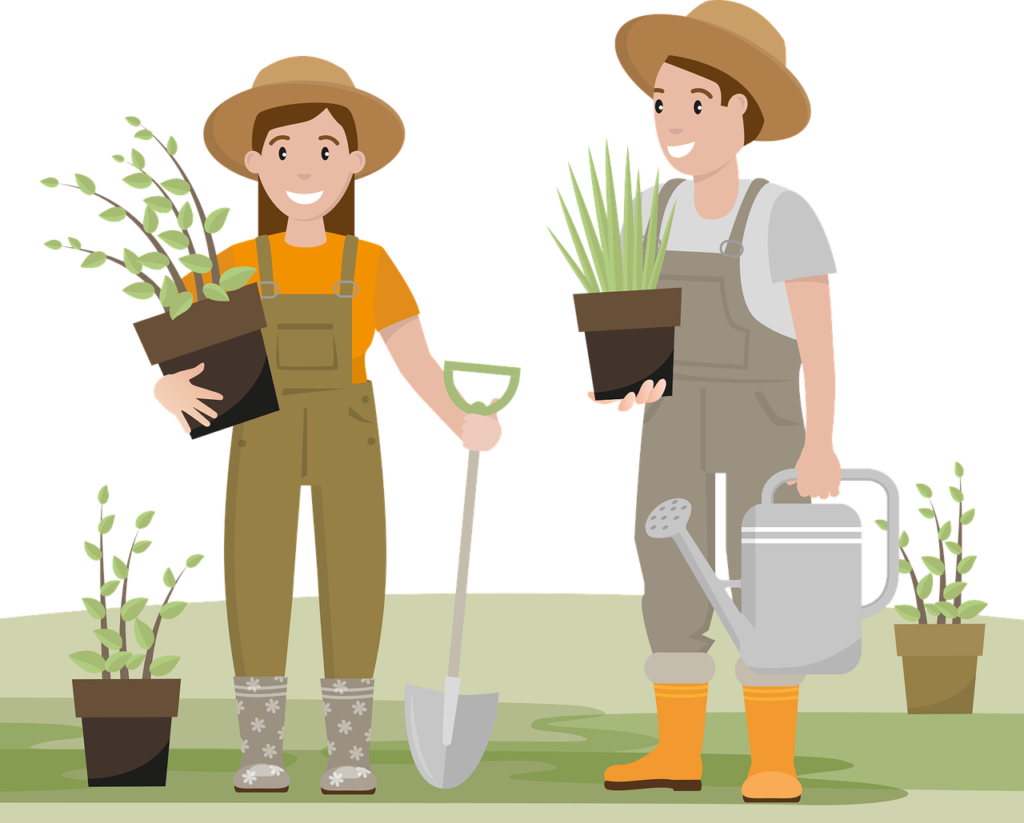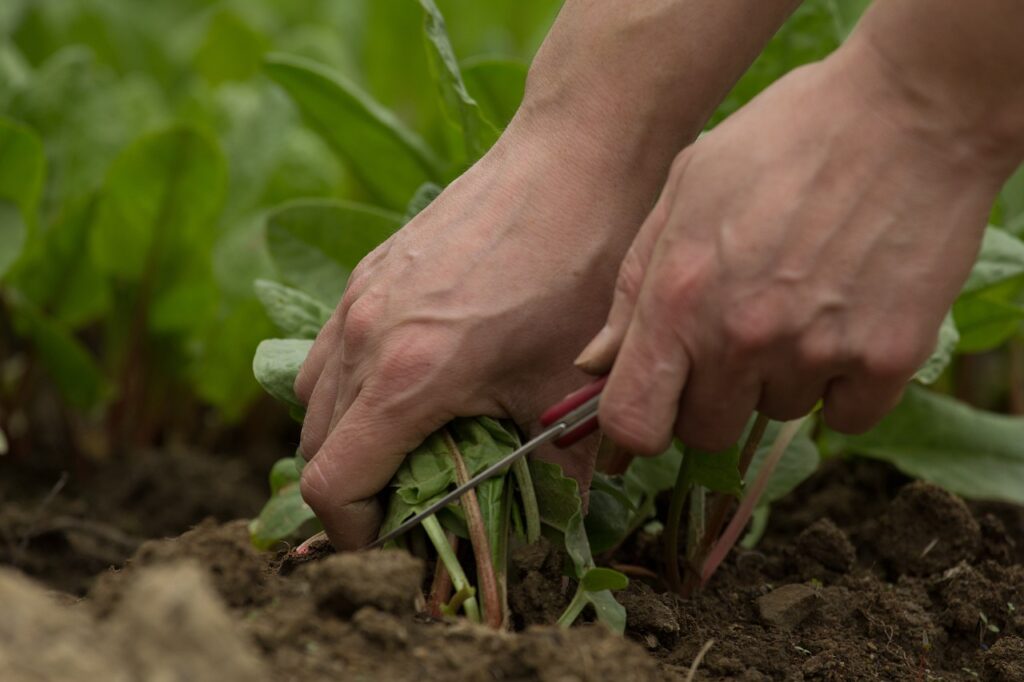If you’re new to gardening, start building your garden with some tips that will help you maintain a healthy garden. Let’s check it out!!
Gardening is a wonderful hobby that can provide a lot of joy and satisfaction. Whether you’re looking to create a beautiful flower bed, grow your own vegetables, or simply add some greenery to your space, there are some fundamental practices that can help you succeed. Here’s a comprehensive guide to get you started and maintain a thriving garden.
- Soil and Planting
Know Your Soil: Estimate your soil to determine its pH and nutrient content. Most plants thrive in slightly acidic to neutral conditions (6.0-7.0). Amend your soil with organic matter like compost to improve its structure and fertility.
Choose the Right Plants: Select plants that are well-suited to your climate, soil type, and sunlight conditions. Local nurseries or gardening clubs can offer great advice.
Plant at the Right Time: Timing is crucial. Planting too early or too late can affect your plants’ growth. Check local planting calendars for the best times to sow seeds or transplant seedlings.
- Watering
Water Deeply and Less Frequently: Water your plants deeply to encourage deep root growth. Avoid shallow, frequent watering, which can lead to weak roots and increase the risk of disease.
Water in the Morning: Watering in the morning helps reduce evaporation and allows plants to absorb moisture before the heat of the day. It also helps prevent fungal diseases.
- Fertilizing
Feed Wisely: Use organic fertilizers or compost to provide nutrients. Avoid over-fertilizing, as this can lead to excessive foliage growth at the expense of flowers or fruit.
Follow Instructions: Different plants have different needs, so follow the recommended feeding schedule for each type of plant.
Weeding and Mulching
Weed Regularly: Weeds compete with your plants for nutrients and water. Regular weeding keeps your garden healthy and can be easier to manage if done frequently.
Apply Mulch: Mulch helps retain soil moisture, suppress weeds, and regulate soil temperature. Organic mulches like straw, wood chips, or leaf litter are great choices.
- Pest and Disease Management
Keep an eye out for pests and diseases: Regularly inspect your plants for signs of pests or diseases. Early detection can make treatment more effective and less damaging to your garden.
Encourage Beneficial Insects: Attracting insects like ladybugs and lacewings can help control pest populations naturally.
- General Care
Prune and Deadhead: Prune dead or diseased branches to promote plant health and shape. Deadheading spent flowers encourages more blooms.
Rotate Crops: If you’re growing vegetables, practice crop rotation to prevent soil depletion and reduce the risk of soil-borne diseases.
Keep Records: Maintain a gardening journal to track what works and what doesn’t. This can help you improve your techniques and planning year after year.
- Enjoying Your Garden
Harvesting:
- Timely Harvest: For vegetables and herbs, harvest when they reach maturity for the best flavor and quality. Check individual plant guidelines for optimal harvest times.
- Garden Space: Create a space in your garden where you can relax and enjoy the fruits of your labor. Add a bench, a hammock, or a small seating area to appreciate your garden’s beauty.
Gardening is both a science and an art. It is a journey of learning and growth, both for your plants and for you. Embrace the process, and don’t be afraid to experiment and make adjustments along the way. Happy gardening!






